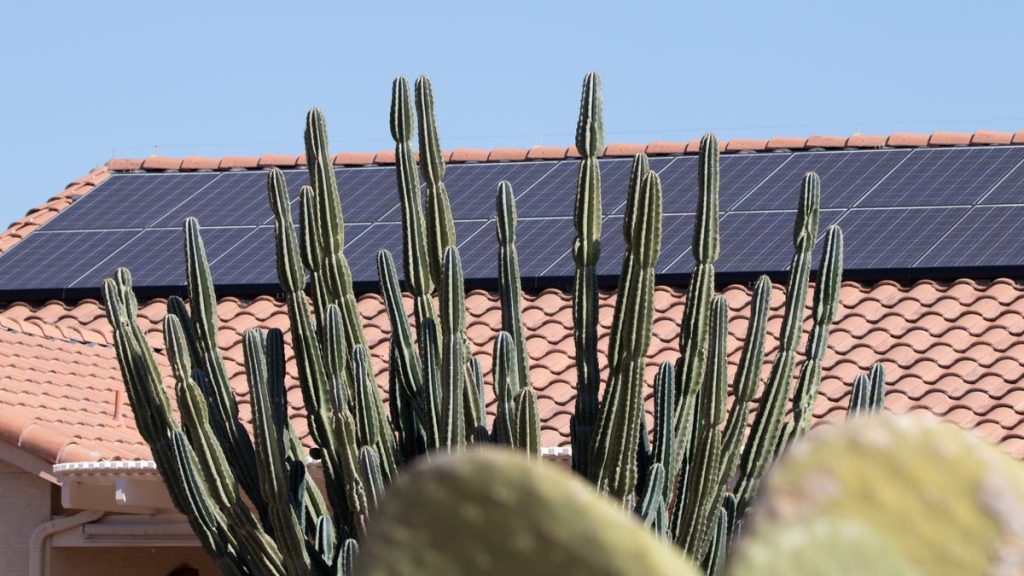In Arizona, electricity is cheap, but sunlight is abundant, making solar panels a viable option for residents. Federal and state incentives, including a 30% tax credit, make solar energy even more affordable. Local incentives such as net metering and exemptions from property taxes further support the transition to clean energy. When choosing a solar panel installer, consider national companies like Palmetto Solar or local companies like Arizona Solar Wave & Energy or Sun Valley Solar Solutions.
Installing solar panels in Arizona can be a low maintenance endeavor, but having a reputable company oversee the process can provide peace of mind. Companies like EnergyPal, Elevation, Tesla Solar, and Momentum Solar offer various benefits such as monitoring services, competitive bidding processes, and whole-home energy efficiency solutions. Local Arizona installers, like Arizona Solar Wave & Energy and Sun Valley Solar Solutions, provide clear designs, warranty coverage, and financing options to make the process seamless for residents.
To determine the best solar company for your home, consider the installer’s experience with similar projects, certifications, and reviews from other customers. A reliable installer should provide references, clear project schedules and pricing, and assistance with local permits and utility interconnections. Factors such as choosing the right payment option, understanding incentives and rebates, and assessing installation considerations like roof condition and sunlight exposure are crucial before committing to solar panel installation.
The cost of solar panels in Arizona varies, but on average, a five-kilowatt system costs around $14,050 before incentives. By taking advantage of the 30% federal tax credit and state incentives like net metering and property tax exemptions, residents can significantly reduce the overall cost of going solar. Arizona’s solar-friendly policies, including state tax credits and solar equipment exemptions, support the adoption and affordability of solar energy in the state.
CNET’s ranking of states based on their residential solar policies gave Arizona a grade of D, highlighting the availability of state tax credits and net billing options but indicating room for improvement in community solar programs and financing options. Whether paying with cash or opting for solar loans, leases, or power purchase agreements, Arizona residents can choose the payment option that best fits their budget and energy needs. Considering installation factors like homeowner status, insurance coverage, HOA regulations, roof condition, and location can help determine if solar panels are a suitable option for your home.


